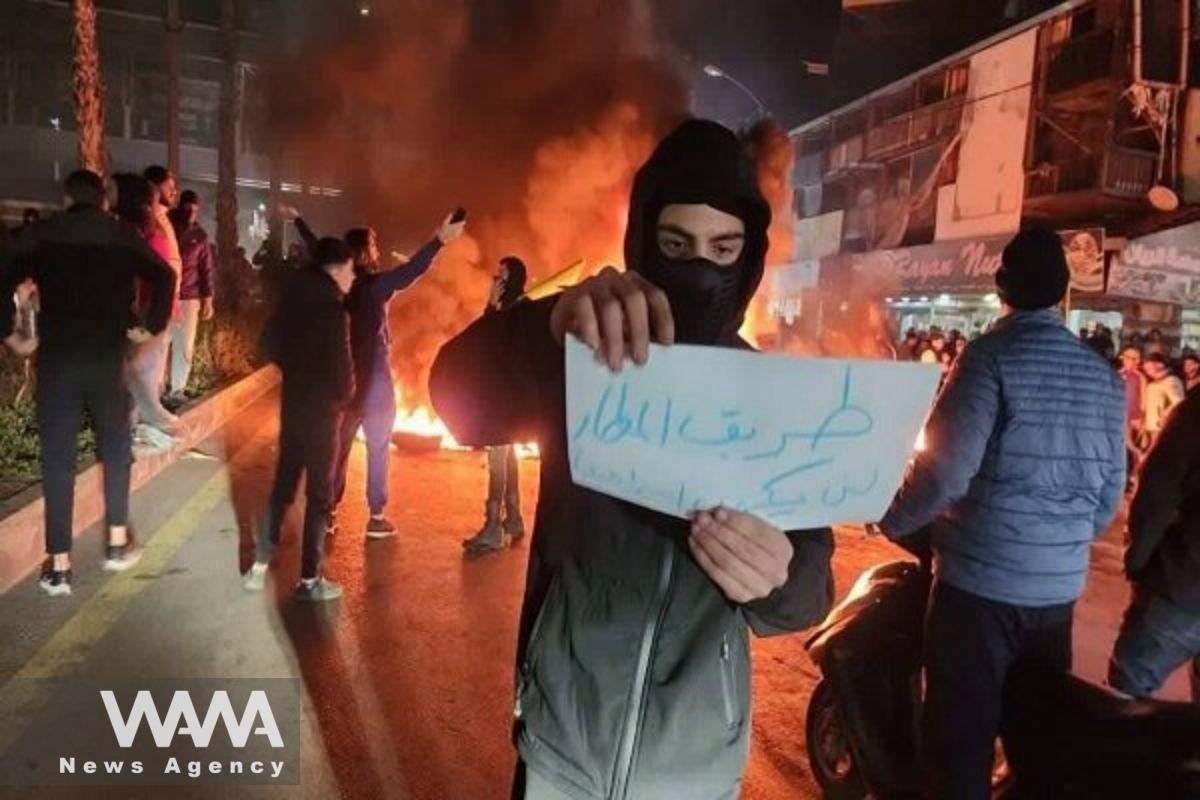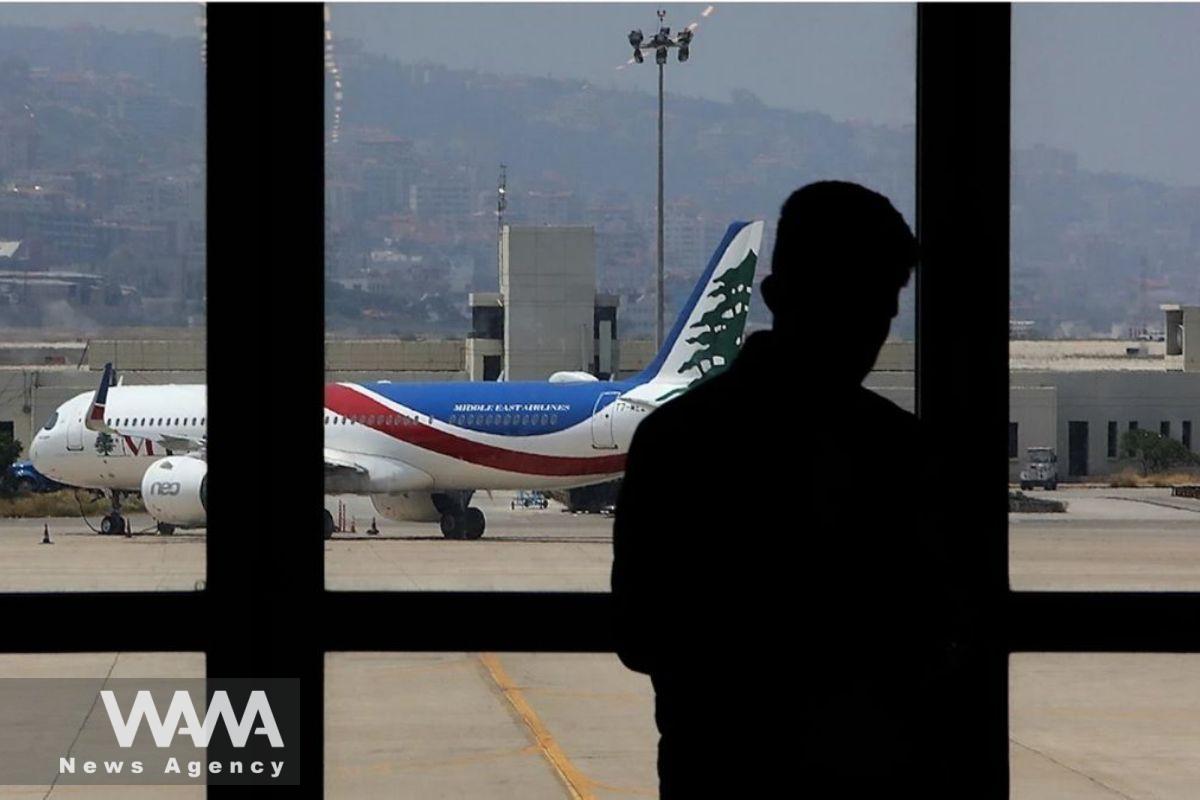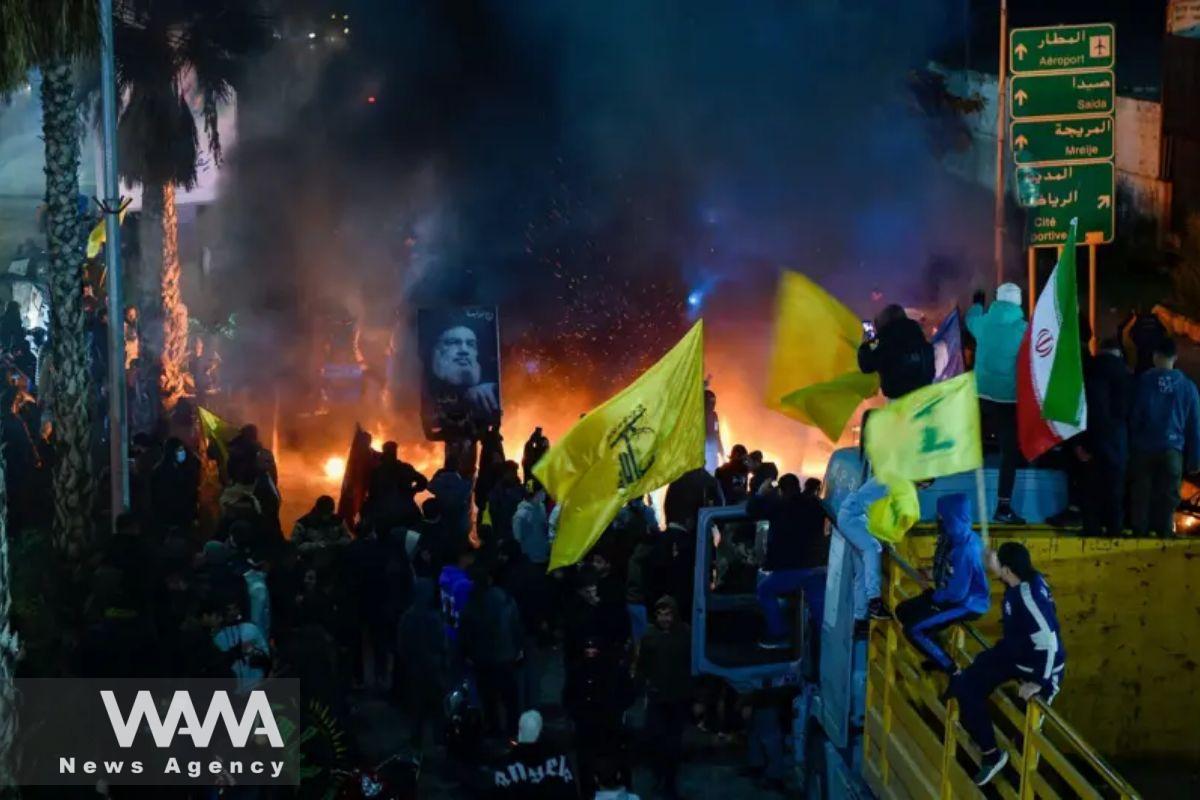Tensions Over Iranian Flights to Beirut
WANA (Feb 16) – After the Lebanese government blocked permission for an Iranian airplane to land at Beirut Airport on Thursday night (February 13), Lebanon witnessed widespread protests later that night and in the following hours.
Esmail Baqai, the spokesperson for Iran’s Foreign Ministry, claimed on Friday that Israel had “threatened” a passenger plane carrying Lebanese citizens from Tehran.
Condemning this move by Tel Aviv, he called on international organizations, including ICAO, to take action against Israel’s “dangerous behavior toward civil aviation safety and security.” Baqai added that this “threat” had disrupted normal flights to Beirut Airport.

Following this incident, Iranian officials announced that Lebanese planes would not be allowed to enter Iran until the issue was resolved.
The passenger plane carrying Lebanese citizens from Tehran to Beirut became entangled in political disputes. Hezbollah issued a statement attributing the incident to the U.S. and Israel, calling on the public to participate in a mass rally along Beirut Airport’s old route in protest against this foreign interference.
In its swiftly issued statement, Hezbollah declared that the gathering aimed to condemn Israeli actions and violations of Lebanon’s sovereignty. In response, Lebanese citizens moved toward the airport and took part in the protest.
The protesters, during their gathering, condemned the blocking of the Iranian airplane’s entry and U.S. interference, calling the incident an insult to Lebanon’s national interests.
As the protests escalated, the Lebanese army intervened to control the situation, leading to clashes between security forces and demonstrators.

Lebanese President Joseph Aoun condemned the unrest near the airport, stressing that security forces would take action against any group seeking to destabilize the country.
Political analysts believe that after failing in military confrontations with Hezbollah, Israel, and its allies have adopted a new strategy—weakening Hezbollah’s political power to reduce its influence in Lebanon.
Blocking the Iranian plane, allegedly under the pretext of preventing financial aid from reaching Hezbollah, reflects an intensifying policy to curb Iran’s influence in Lebanon.
However, Lebanese Prime Minister Nawaf Salam, in a press conference, refuted such claims, stating that the plane was denied entry due to European sanctions.
He explained that the airline in question was under EU sanctions and that the Lebanese government was currently negotiating with Iranian officials to find a solution for returning Lebanese citizens. Salam emphasized that Beirut is committed to facilitating the return of its citizens from Iran, whether through Middle East Airlines or other means.

Despite Iran’s assistance to Lebanon during times of war and crisis, the decision of Lebanon’s new government has sent conflicting messages.
Many believe that the new Lebanese authorities are adopting policies that contradict the resistance forces. In this regard, Ghaleb Abu Zeinab, a senior member of Hezbollah’s Political Council, criticized the Lebanese government’s handling of the incident and stressed that it is in Beirut’s best interest to maintain the best possible relations with Tehran.
The deputy head of Hezbollah’s Political Council also stated: “Preventing Iranian planes from landing at Beirut Airport is an insult to Lebanon. We do not accept American occupation. Iran is a friend country… We wait, we wait, but our patience has limits. The Lebanese government must not succumb to the dictates of Israel and the United States.”
On the other hand, obstacles placed in the way of Iranians attending the funeral of the late Hezbollah Secretary-General, Seyed Hassan Nasrallah, have also sparked reactions in Iran. It remains to be seen what course the new Lebanese government will take in this regard.
Flights to Lebanon are suspended until February 18
“According to the written communication between Iran’s Civil Aviation Organization and Lebanon, the Lebanese authorities have requested that, due to the special security conditions in Beirut and the cancellation of all… pic.twitter.com/wXr50UGg26
— WANA News Agency (@WANAIran) February 16, 2025












